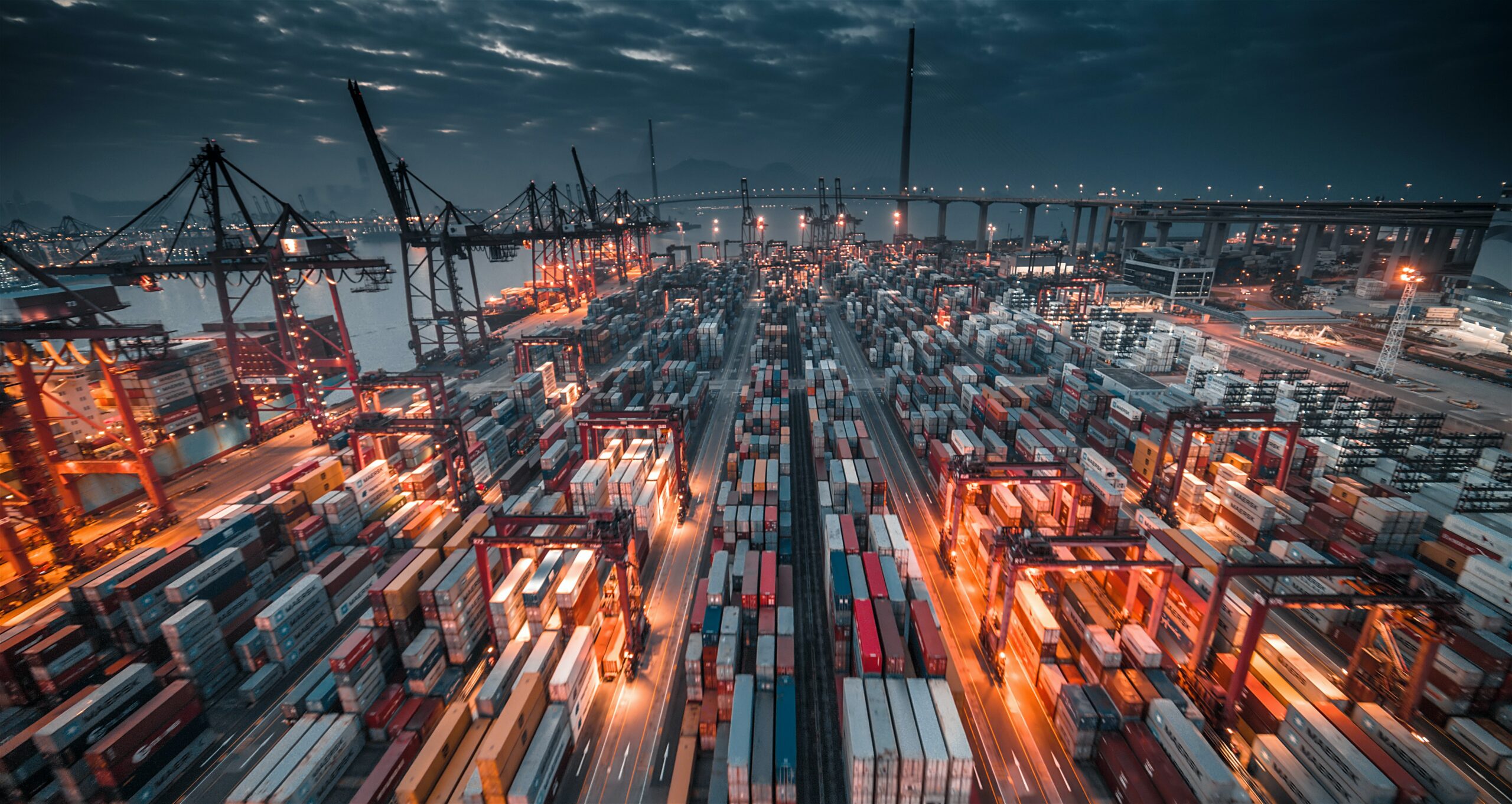
UK exporters need to complete an Annex VII document when they are shipping non-hazardous green list waste such as waste paper.
The Annex VII pdf download accompanies the material being sent overseas. It records who has arranged the waste shipment, who is transporting it, and where it is being taken. It also describes what the waste is, along with the relevant identification codes.
When the waste arrives at its destination, the importer and the recovery facility (if different) need to sign and complete relevant sections in the Annex VII form. Copies of all Annex VII forms need to be kept for 3 years, and competent authorities such as England’s Environment Agency can ask to inspect them at any time.
Green list requirements
In addition to completing and signing the Annex VII, exporters of green list waste need to ensure that the waste is properly sorted in a way that conforms with green list requirements, and will be accepted by the destination country, whose rules may differ. India, for example, classifies waste paper as hazardous, meaning that such shipments are subject to the country’s hazardous waste management rules.
Exporters must create a written contract with the importer in which the exporter undertakes to take the waste back or recover it in some other way if the shipment cannot be completed as planned, or is found to be illegal. The exporter also needs to confirm that the waste will be treated in an environmentally sound way at its destination.
Examples of green list waste
In England, paper, paperboard and paper product wastes (B3020) qualify as green list waste provided they are not mixed with that country’s definition of hazardous wastes. So do textile wastes (B3030) such as silk waste or waste of wool and yarn, and rubber wastes (B3040) such as waste and scrap of hard rubber, ebonite being one example. End-of-life tyres are currently included on the green list. Various secondary raw materials such as certain types of waste plastic also qualify.
Pre-shipment submissions for Scotland and Northern Ireland
For exporters in Scotland, information contained in Annex VII forms has to be submitted to the Scottish Environment Protection Agency (SEPA) before the shipment gets moving. A similar pre-shipment submission requirement exists in Northern Ireland. This requirement does not apply in England and Wales.
What are Article 18 controls?
Green list requirements are sometimes referred to as Article 18 controls. This refers to the Basel Convention on the Control of Transboundary Movement of Hazardous Wastes. Almost all UN member states are parties to this legally binding treaty, including the UK. The United States however is not a signatory.
Notification controls
Waste that fails to qualify as green list requires the exporter to operate under notification controls. In these cases the exporter needs to notify all the competent authorities involved in the waste journey and receive their consent before proceeding. Annex VII documents are not used for these types of shipment.
Electronic Annex VII
The Annex VII is a physical paper document – for now. The UK’s Department for Environment, Food & Rural Affairs (DEFRA) plans to introduce mandatory digital waste tracking (MDWT) in April 2025, although this deadline may slip. This reform runs alongside the introduction of Extended Producer Responsibility (EPR) within the framework of the UK Electronic Trade Documents Act (ETDA) which came into force in September 2023.
The Act updates the UK legal framework so that digital documentation such as electronic bills of lading is effectively on the same legal footing as original paper versions, with the proviso that a ‘reliable system’ is in place. The objective of the ETDA is to bring the benefits of digitalisation to international trade which include greater efficiency and traceability.
Electronic reporting of Annex VII data
Data relating to Annex 7 documents can already be digitally transmitted to authorities such as SEPA and the National Packaging Waste Database (NPWD) to assist with their monitoring and reporting duties. An electronic Annex VII document would be a further step towards modernisation of the international waste trade, which various governments including the UK, Singapore and India seek to advance.


